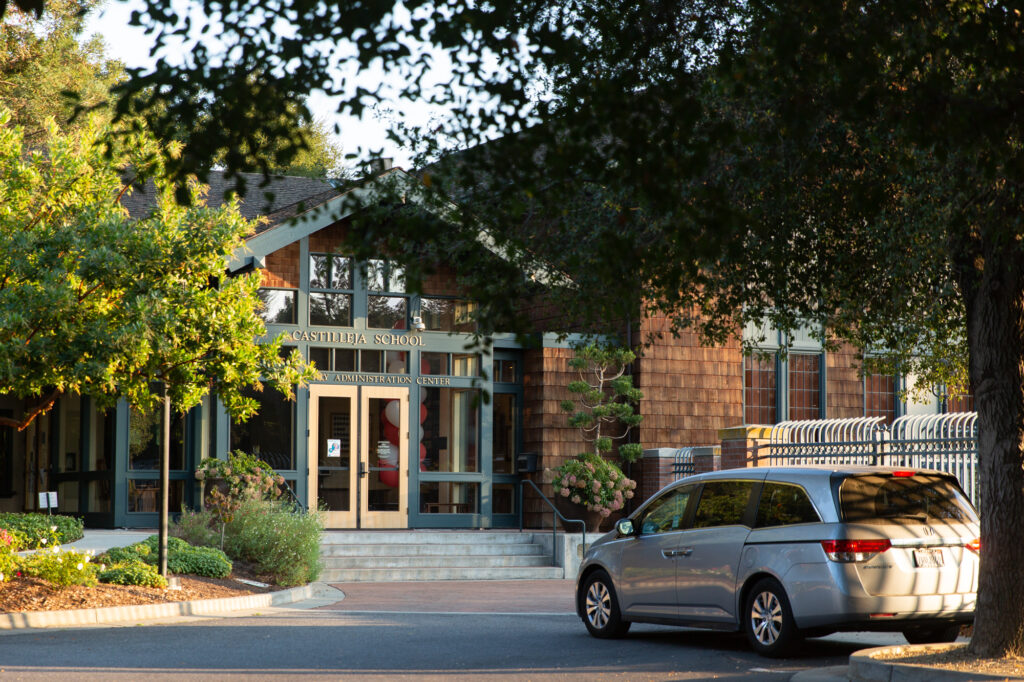
Over the past decade, Castillaja School, like many other schools, has steadily implemented more and more digital technology into its classrooms.
Students now have their own school-issued laptops to submit tests and homework and enter lecture notes online.
“This is a tool for so much creativity and learning,” said Laura Zapas, Castillaja's middle school principal. “But we want to be aware: when is it too much?
In mid-March, Castile Middle School introduced a tech-free week in which teachers assigned paper materials and students took notes using only pens and pencils. In a poll released by the school in May, students reported feeling less distracted and more aware of their reliance on digital technology.
More than 40% of students (51% in 5th grade) said they felt more focused and wanted to use less technology.
23% of students read more, some said they slept longer and had fewer headaches.
But when Zappas first proposed technology-free week to student government, they were concerned that students wouldn't be able to keep up.
“I think we've become so dependent on technology, especially in the last few years, so I was a little worried about how that would affect school work,” said Saina Priyadarshi, the middle school student body president and eighth-grader. Told.
She also said that although students had a hard time organizing their work due to the sudden increase in paper school assignments, the overall atmosphere was more relaxed and focused.
“In middle school, I noticed that technology was distracting during class, so it was really nice to see people focus and participate more in class,” says Wellness Representative. 7th grader Ellie Ann said.
Socially, students were interested in how they spend their breaks and lunches, which are often spent checking email and other applications.
“People have become more sociable,” Priyadarshi said. “We didn't have the technology, so we thought, 'Maybe we can just talk.'”
Priyadarshi said the school's common areas, such as the lobby, were more lively, with girls lounging on couches and interacting with each other.
Students say homework and email take up the majority of their screen time outside of school, and they hope to include more technology-free weeks in the future.
Over the past week, teachers said they have become more aware of what their course materials are when translating digital assignments into physical work.
70% of teachers said they would like to repeat Technology Free Week at least once per semester.
“It was really refreshing,” Anne said. “She doesn't use technology. After the week was over, she took a step back and thought, 'Wow, I use so much technology.' I didn't even realize it.”


